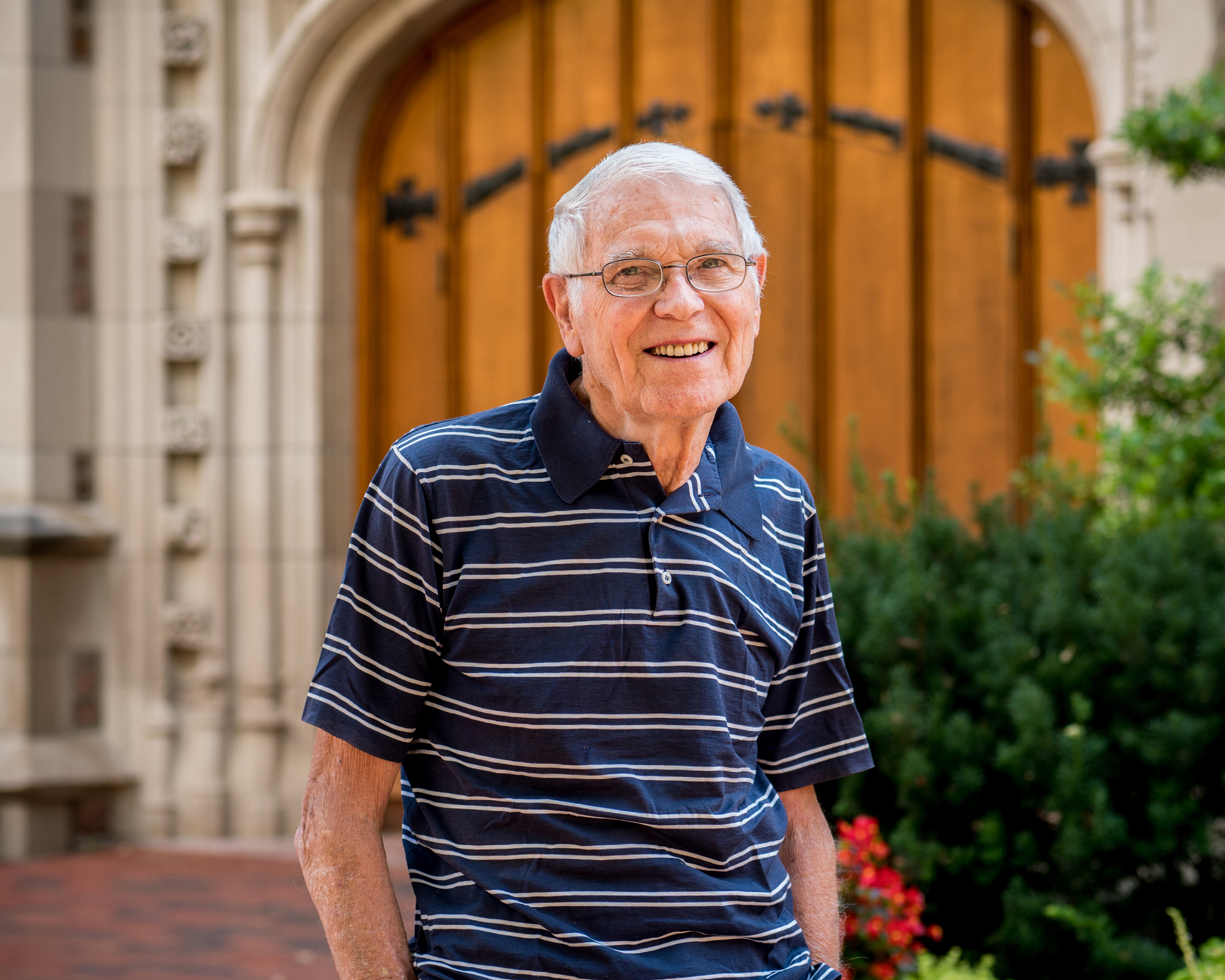
If you called Garland Allen a Bioethicist, he would surely have corrected you and denied that he deserved such a label. Yet he was at his very core concerned about what is ethical in the ways humans treat each other. And at the core of his work was persistent probing how to promote fairness, equity, and especially how to resist claims for human difference based in purported genetic causes. In short, Gar cared deeply about ethical thinking and actions related to biological claims.
With a Bachelor’s degree from the University of Kentucky, Gar went to Harvard at first for a graduate degree in teaching. That led him to teaching at Mt. Hermann School, where he began reflecting on the biology we teach students. Why, he began asking, do we teach them that differences in behavior and performance, differences in race and gender, differences of so many types are grounded in heredity. In the 1960s and after, that meant differences grounded in genetics.
Gar decided he needed to learn more about genetics, and he turned to the history of science with a PhD advised by Everett Mendelson at Harvard. His dissertation examined the work of Nobel Prize winner Thomas Hunt Morgan, known for his work on fruit fly genetics. His time at Harvard also exposed this Kentucky boy to Science for the People, which began in 1969, and the power of political action. His research led him to publish: Matter, Energy, and Life (4 Editions), Life Sciences in the Twentieth Century (1975), Thomas Hunt Morgan: The Man and his Science (1978), Biology: Scientific Process and Social Issues (2002) and five editions of The Study of Biology.
We both got to know and appreciate Gar through his claims in Life Sciences in the Twentieth Century that life sciences have gone through revolutions over time. In particular, he argued that there had been a “revolt from morphology.” We each challenged this assertion in different ways. And in the process, we became friends with this wonderful, kind, generous man. When we questioned his views, he never became defensive or asserted that he had more experience and knowledge than we. Instead, he smiled his angelic smile and noted that he had offered a thesis, we had offered an alternative claim or antithesis, and we would all work together toward a marvelous synthesis. Marxism informed his thinking, and he certainly enjoyed his Hegelian syntheses, just as he enjoyed the opportunities for lively discussion over a glass of bourbon.
Another theme with Gar’s interactions concerns his enthusiasm for engaging graduate students. He loved listening and learning with us all, and he spent countless hours with students. The older of us, Jane, met Gar after his Life Sciences book had just appeared in print. Indiana University’s History and Philosophy of Science program invited Gar as a guest speaker and charged us grad students with entertaining him. We invited him for dinner and had the first of many marvelous conversations that continued through last summer. Did biology progress through revolutions? No, I said; yes, Gar said. And so it continued for all those years.
I learned so much from his always-hopelessly-optimistic perspective. Always cheerful, always believing that explaining that gender, race, and behavioral traits do not lie “in the genes,” Gar made clear that race is not a legitimate biological category. Gender preference is not genetically determined, nor is intelligence, and so on.
Years later, the second of us studied Gar’s work and began to ask whether the methods and epistemology of natural history had more to offer evolutionary biology than Gar had given them credit for. Again, Gar was incredibly supportive and interested, especially in the critique of reductionism in genetics. When David ran an NEH/NSF summer institute for College and University faculty, Gar agreed to be a faculty member and shared his wisdom with a wide group of scientists, philosophers, and bioethicists. Many of these scholars have become leaders in their fields.
Gar was one of the most ethical people we know, always engaged in thinking about ethics related to biology in many ways. He spent so many hours generously sharing ideas with us and so many dozens of others. The world was better because of Gar’s sharing it with us, and we will miss him.
Jane Maienschein, PhD is the Director of the Center for Biology and Society at Arizona State University.
David Magnus, PhD, is Editor in Chief of American Journal of Bioethics and Director of the Stanford Center for Biomedical Ethics.